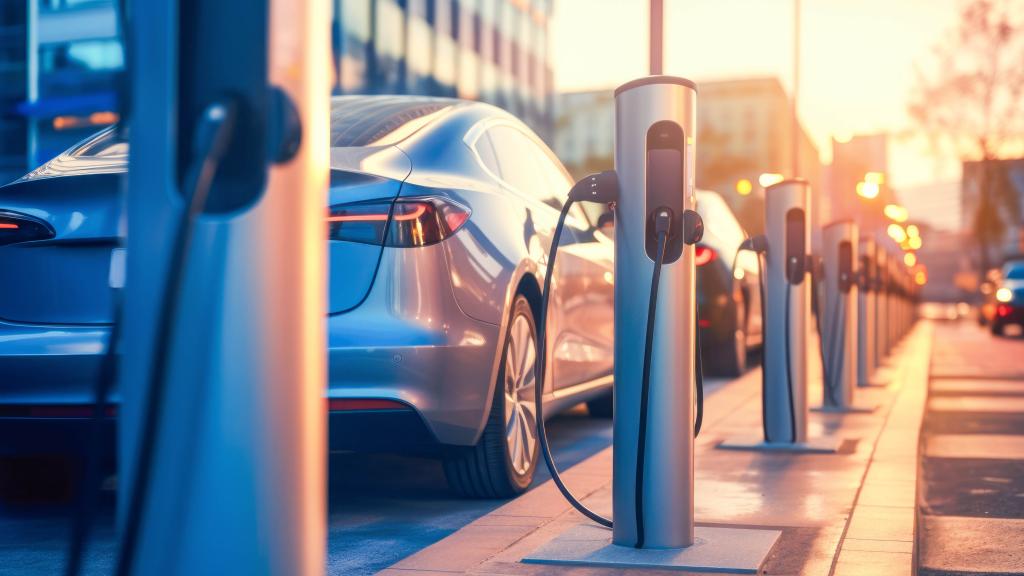
A provisional agreement among EU legislators in March of this year will lead to an expansion of charging infrastructure for clean vehicles. This development sets the stage for a notable rise in the adoption of zero-emission vehicles across the European Union. In line with this consensus, the EU will see - by 2026 - the installation of electric car charging stations along its primary highways. The preliminary agreement's content features a review provision, aiming to assess the legislation in view of technological and market advancements within the realm of heavy-duty vehicles.
Every EU member state is thus required to adhere to a compulsory minimum infrastructure benchmark. This commitment involves providing the European Commission with a detailed roadmap outlining the steps and strategies necessary to achieve this target. Ismail Ertug, a prominent chief negotiator for the European Parliament, has highlighted that the newly established regulations will facilitate the expansion of alternative fuel infrastructure, streamlining the process of driving and charging the latest generation of vehicles. These rules aim to ensure that the experience is as effortless and convenient as that of traditional petrol-dependent vehicles.
It is believed that this shift will not only significantly promote sustainable mobility but also play a pivotal role in terms of greater availability of convenient public charging choices and options, namely in regards to payment solutions.
The consensus has already garnered positive response and is seen by many as a driving force towards sustainable changes within the industry. This being said, before becoming legally binding, one last step remains: to undergo formal approval from both institutions involved.

